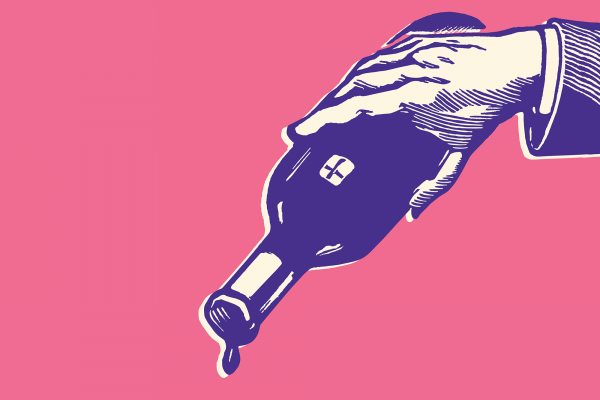WHEN I WAS a student at Earlham College in Indiana, I co-hosted an alcohol-free dance party. Fry House, which was owned by the university, held a reputation for wild parties before we established it as Interfaith House in 1997. We — a group of religiously observant and spiritually curious undergrads — wanted to bring a new spirit into our house. I had been to enough drunken high school parties that I chose not to drink in college, other housemates had parents with alcoholism, and some abstained for religious reasons. We posted flyers, twisting a beer slogan into our hook: “Why ask why? Try Fry Dry!”
When the big night came, we pushed the furniture aside, laid out snacks, turned up the music, and swallowed our pride when only one person showed up.
This memory returned when I noticed with some surprise how Dry January, which has an app called “Try Dry,” has become a global movement. In 2013, the nonprofit Alcohol Concern (now “Alcohol Change UK”) invited people to abstain from alcohol in January; 4,000 people signed up. In 2022, 130,000 people signed up, with many more participating around the world. As alcohol-related deaths, especially among women, rose in that same period, Dry January began to take hold.
Read the Full Article

